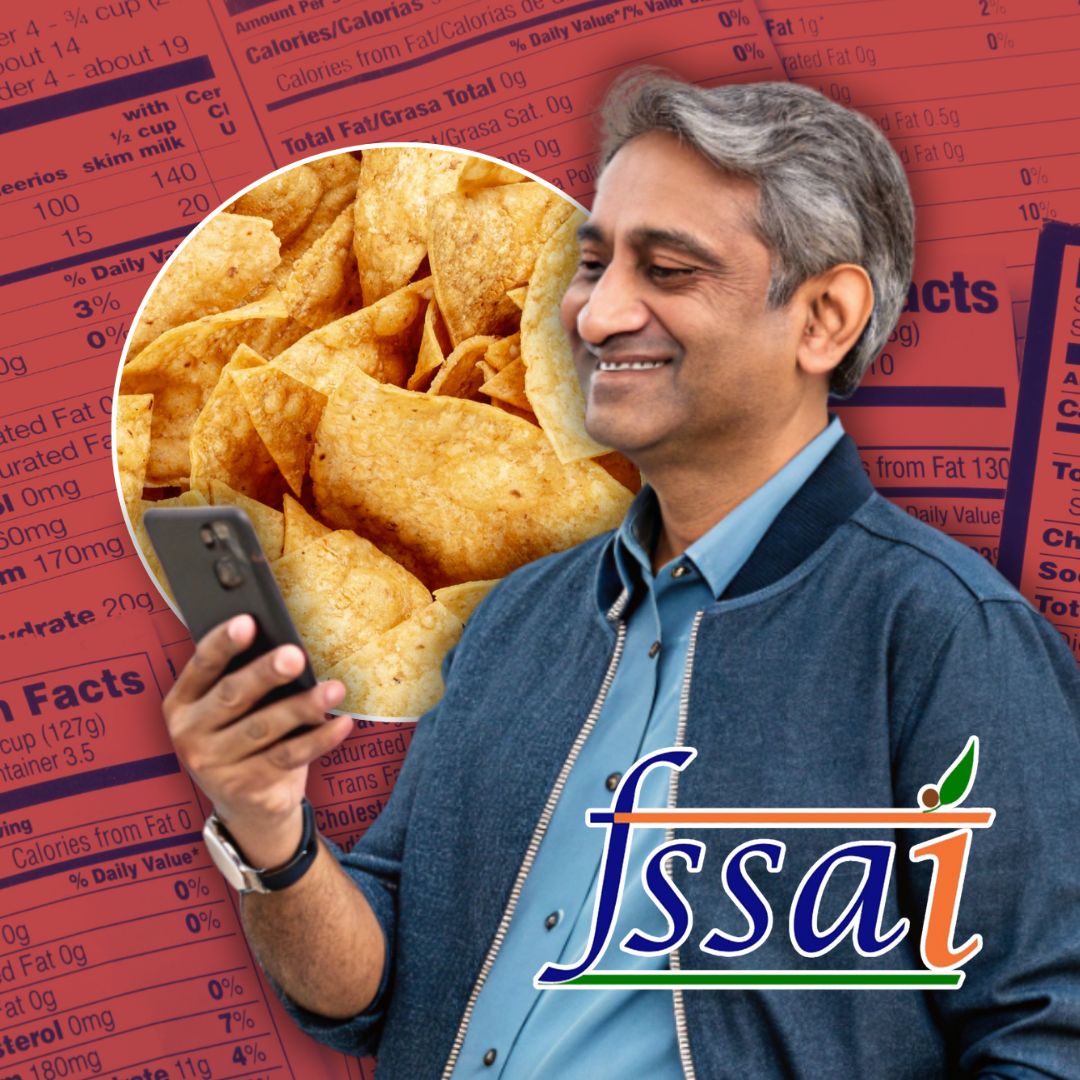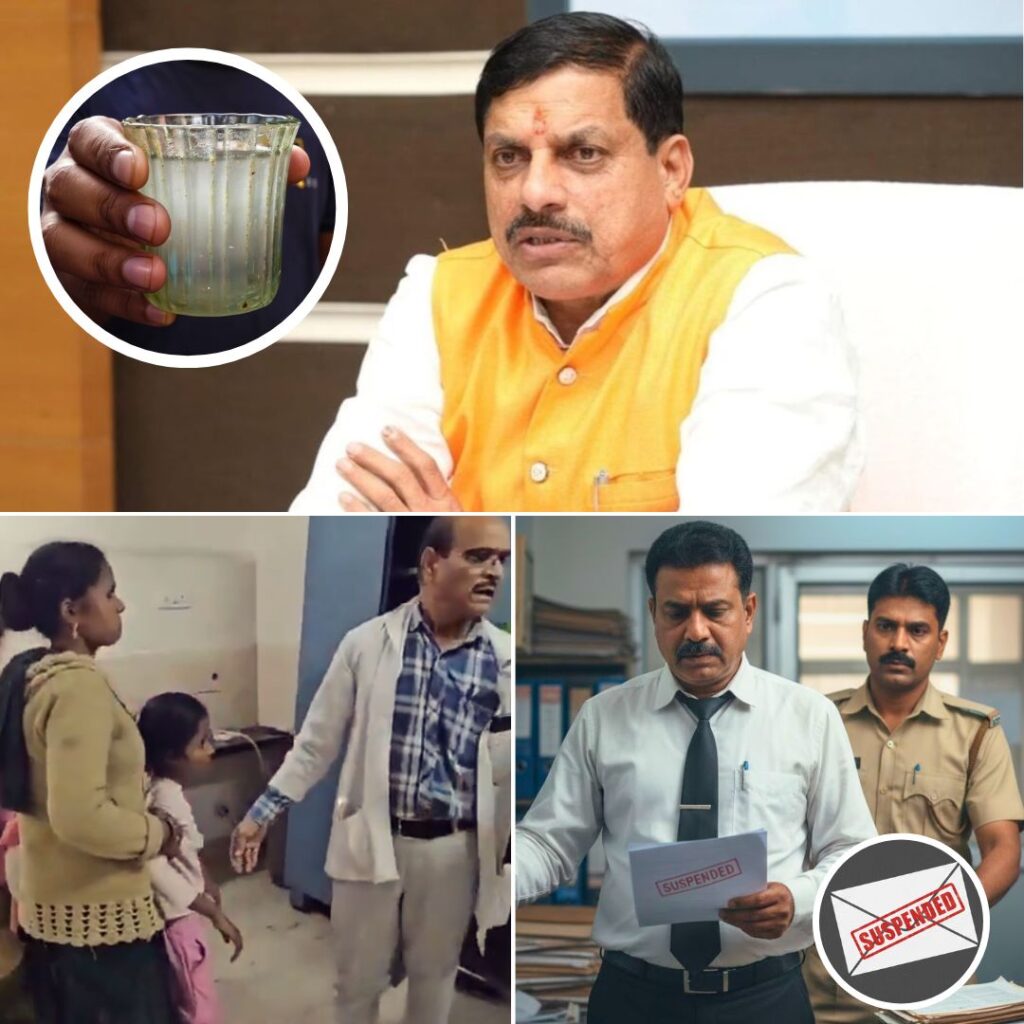The Food Safety and Standards Authority of India (FSSAI) launched a consumer-centric digital tool on 30 April 2025, enabling citizens to report misleading food labels via the Food Safety Connect mobile app or the FoSCoS portal.
Users can upload front/back-of-pack images, manufacturer details, FSSAI license numbers, and e-commerce links to flag unverified claims. The tool aims to expedite regulatory action, enhance transparency, and empower consumers to hold businesses accountable, aligning with India’s evolving food safety ecosystem.
Empowering Consumer Vigilance
The updated Food Safety Connect app now allows users to submit detailed complaints, including up to three supporting images, to highlight discrepancies in nutritional claims, ingredient lists, or branding.
For instance, consumers encountering products labelled “sugar-free” without proper certification or “organic” claims lacking FSSAI’s Jaivik Bharat logo can now report them instantly.
Officials underscored the tool’s role in bridging enforcement gaps: “This feature transforms consumers into active stakeholders in food safety,” said an FSSAI spokesperson.
The integration with FoSCoS ensures complaints are directly routed to licensing authorities, enabling faster traceability of manufacturers. This is particularly critical for e-commerce platforms, where third-party sellers often bypass labelling norms.
Expert Advisory:
Dr. Gupta stressed the need for mandatory “high sugar” warnings alongside “low sugar” claims and clearer labeling of nutrients of concern (salt, sugar, fat). He urged FSSAI to prioritize preemptive regulations over reactive complaint systems
Strengthening Regulatory Oversight
The move follows recent FSSAI crackdowns on food delivery platforms and unauthorized health supplements. In March 2025, the regulator issued updated guidance for e-commerce food operators, mandating clearer labelling of expiry dates and country-of-origin details.
The new tool complements these efforts by crowdsourcing compliance data, reducing reliance on manual inspections. Under the 2018 Advertising and Claims Regulations, brands must substantiate claims like “immunity-boosting” or “natural” with scientific evidence.
The 2020 Labelling Rules further require disclosures on additives, allergens, and vegetarian/non-vegetarian logos.
However, enforcement remains challenging in India’s fragmented food market, where small vendors and large manufacturers coexist. By leveraging consumer reports, FSSAI aims to create a dynamic database to identify repeat offenders and systemic issues.
The Logical Indian’s Perspective
This initiative marks a paradigm shift in regulatory accountability, placing power directly in consumers’ hands. However, its success hinges on awareness campaigns to ensure marginalised communities and tech-averse populations can participate.
Ethical businesses stand to benefit from a level playing field, while habitual violators risk reputational damage and penalties.
As conscious consumerism grows, could this tool inspire similar innovations in sectors like pharmaceuticals or cosmetics? How can we ensure it doesn’t inadvertently burden small vendors lacking digital literacy? Share your thoughts on balancing accountability with inclusivity in India’s food safety journey.












